MATLAB actually implements more than one random number generator. They differ significantly in terms of execution time and in terms of "randomness" (I think, but I didn't verify). However, I understand from your question that speed is more important for you.
% 'twister' is the default in MATLAB Versions 7.4 and later
tic();
for i=1:1000000
rand('twister');
end
toc();
%Elapsed time is 2.912960 seconds.
% 'state' is the default in MATLAB versions 5 through 7.3
tic();
for i=1:1000000
rand('state');
end
toc();
% Elapsed time is 2.162040 seconds.
% 'seed' is the default in MATLAB version 4
tic();
for i=1:1000000
rand('seed');
end
toc();
% Elapsed time is 0.758830 seconds.
Important note: I ran the script above with an rather old version of MATLAB (v.7.6, a.k.a. R2008a). In newer versions, the syntax rand(generator) is discouraged . Instead, you should use the function rng(seed, generator) (online documentation). As a side effect, rng(seed, generator) gives you even more random number generators to choose from. Check the documentation for details.
Regarding the second question: Whatever generator you pick, generating many random numbers at once will always be faster than generating many single random numbers. This is because MATLAB's internals are heavily optimized for parallel processing.
tic();
for i=1:100000
rand();
end
toc();
% Elapsed time is 0.024388 seconds.
tic();
rand(100, 1000);
toc();
% Elapsed time is 0.000680 seconds.
